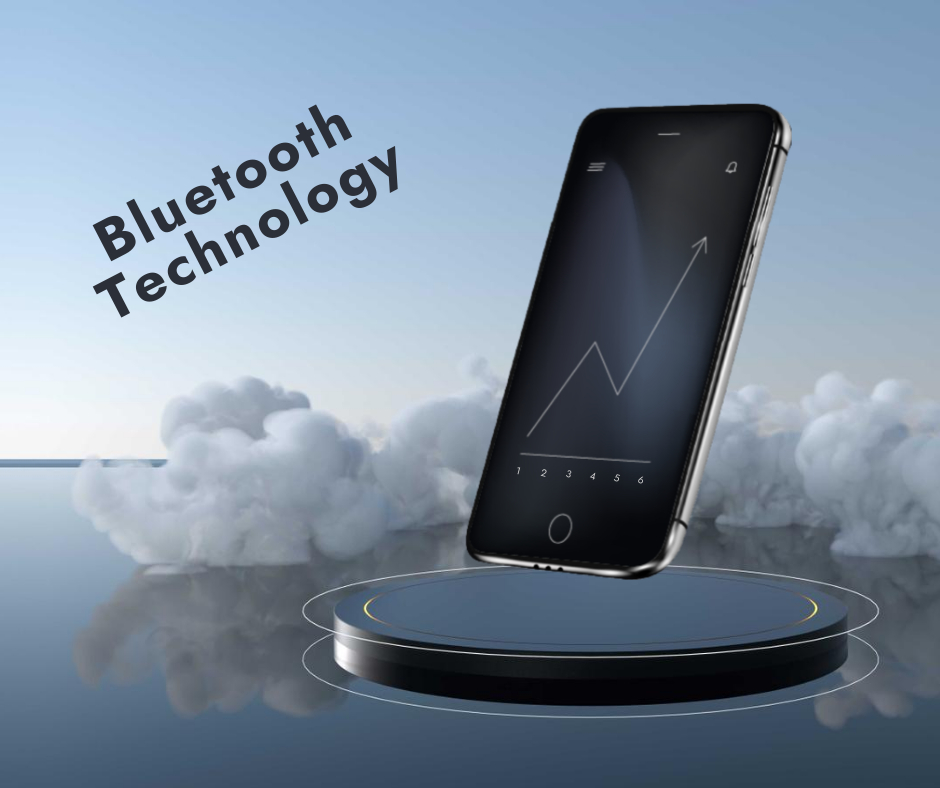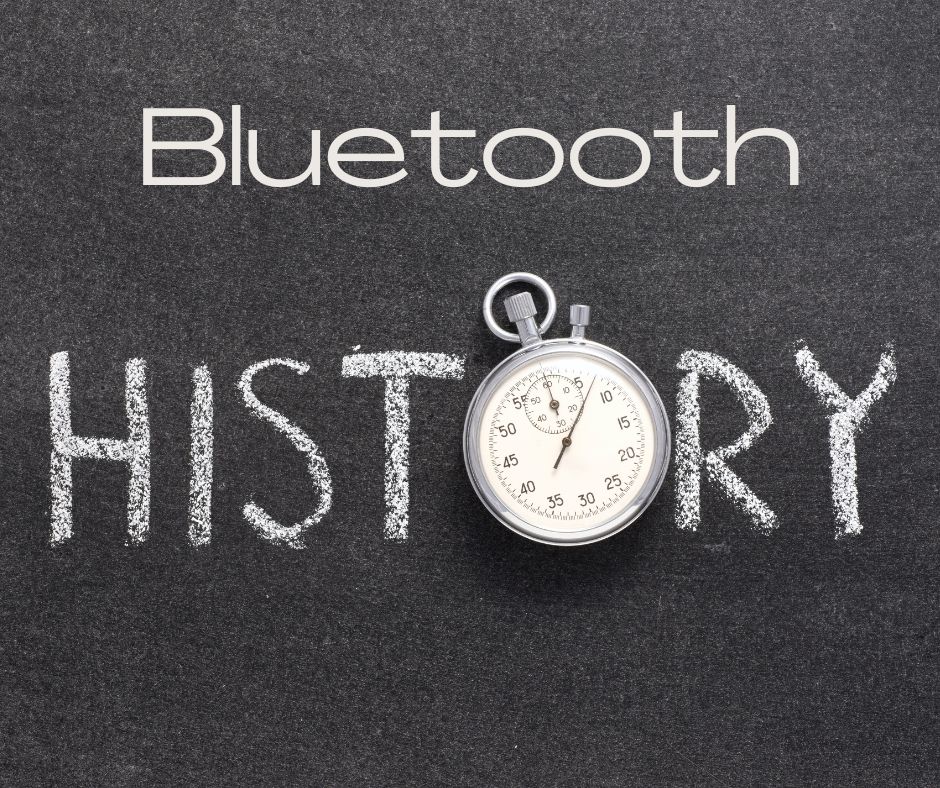
Bluetooth’s Role in Healthcare Transformation
Introduction
In recent years, healthcare has not been exempt from how technology has changed other businesses. One of the significant developments in healthcare is the use of Bluetooth technology. The application of Bluetooth in healthcare has opened up new possibilities, enabling healthcare providers to deliver better patient care, enhance treatment outcomes, and streamline medical processes. In this article, we will delve into the transformative impact of Bluetooth in healthcare and how it is revolutionizing the future of medical technology.
Understanding Bluetooth’s Role in Healthcare
Bluetooth, a wireless communication technology, has gone a long way since its humble beginnings as a hands-free phone call option. Despite using cables or wires, it connects devices and transfers data via immediate electromagnetic waves. Bluetooth has emerged as a game changer in healthcare because of its simplicity of use, low battery consumption, and secure data transmission abilities.
The Role of Bluetooth in Remote Patient Monitoring
Remote Health Monitoring using Bluetooth-Enabled Wearables:
Wearable devices equipped with Bluetooth technology have become indispensable tools for remote patient monitoring. In particular, smartwatches and fitness bands may track indicators like blood pressure, heart rate, and even blood sugar levels. The gathered information is then sent through Bluetooth to medical professionals, enabling real-time health monitoring and early detection of any issues.
Managing Chronic Conditions:
Bluetooth-enabled medical devices have paved the way for managing chronic conditions more effectively. Patients who have diabetes, for instance, can use Bluetooth-enabled glucose monitors to measure their blood sugar levels conveniently. Healthcare professionals can use this information to give tailored care and treatment recommendations.
Enhancing Elderly Care:
Bluetooth technology helps to better care for seniors by ensuring their safety and well-being. Older adults and their careers can feel secure knowing that their homes are outfitted with Bluetooth-enabled intelligent devices that can detect falls, track activity levels, and even remind elders to take their meds.
Transforming Healthcare with Bluetooth in Hospital Settings
Seamless Data Transfer between Devices:
In hospital settings, where quick and accurate data exchange is critical, Bluetooth plays a pivotal role. Medical devices like ultrasound machines, X-ray systems, and patient monitors can communicate seamlessly with electronic health records (EHR) systems via Bluetooth, reducing manual data entry errors and streamlining workflows.
Wireless Patient Tracking:
Bluetooth technology enables precise indoor positioning, allowing hospitals to track the location of patients and medical equipment in real-time. This function improves patient safety, optimizes the use of resources, and decreases reaction times in an emergency.
Improving Medication Administration:
Bluetooth-enabled smart infusion pumps have transformed medication administration by ensuring precise dosage delivery and reducing the risk of human errors. Additionally capable of wireless communication, these pumps can provide reliable documentation of prescription administration through EHR systems.
The Future of Bluetooth in Telemedicine
Facilitating Teleconsultations:
Integrating Bluetooth technology in telemedicine platforms enables seamless audio and video communication between healthcare providers and patients. During the COVID-19 pandemic, this capability was essential in guaranteeing sustained access to medical care while maintaining social distancing measures.
Remote Diagnostics through Bluetooth:
Healthcare professionals can now remotely diagnose patients using Bluetooth-enabled devices. For instance, a Bluetooth-connected digital stethoscope can transmit heart and lung sounds to a physician, allowing for prompt diagnosis and treatment recommendations.
Telemonitoring with Bluetooth:
Telemonitoring has become more effective and convenient with Bluetooth technology. Patients with chronic diseases can utilize Bluetooth-enabled medical devices at home to send health data to their healthcare providers, who can intervene and guide them as needed.
Frequently Asked Questions (FAQs)
Q. How secure is Bluetooth in healthcare?
Bluetooth technology in healthcare has undergone significant advancements in terms of security. The latest Bluetooth versions employ robust encryption and authentication protocols, making them highly secure for transmitting sensitive medical data.
Q. Can Bluetooth devices interfere with medical equipment?
Modern Bluetooth devices are designed to operate on specific frequency bands that minimize interference with medical equipment. Manufacturers follow strict guidelines to ensure compliance with safety standards and avoid potential interference issues.
Q. How is patient privacy protected when using Bluetooth wearables?
Patient privacy is a top priority in healthcare. When using Bluetooth wearables, healthcare providers adhere to stringent data protection regulations, ensuring that patient information remains confidential and only accessible to authorized personnel.
Q. Can Bluetooth connectivity drain wearable device batteries quickly?
Bluetooth technology has become more power-efficient over the years. While continuous data transmission may consume some battery power, wearable device manufacturers optimize battery life to ensure extended usage without frequent recharging.
Q. What are some challenges in implementing Bluetooth in healthcare settings?
While Bluetooth offers numerous benefits, some challenges include interoperability among different devices, ensuring seamless integration with existing healthcare systems, and addressing potential security vulnerabilities.
Q. Is Bluetooth suitable for medical emergencies?
Bluetooth-enabled medical devices are equipped to handle emergencies effectively. They may deliver essential patient data to healthcare providers in real-time, enabling quick and informed decisions in situations of emergency.
Conclusion
As we’ve seen, Bluetooth technology is dramatically changing the healthcare industry. From empowering patients with remote health monitoring to revolutionizing hospital workflows and facilitating telemedicine, Bluetooth has become essential for delivering high-quality, personalized healthcare services. The future holds more significant potential as Bluetooth advances and incorporates freely with other cutting-edge technologies. A universe of opportunities where patient care is practical, accessible, and patient-centric is made possible by embracing Bluetooth in healthcare.


